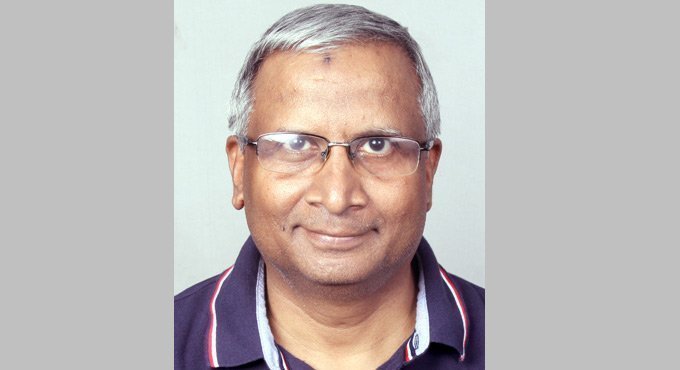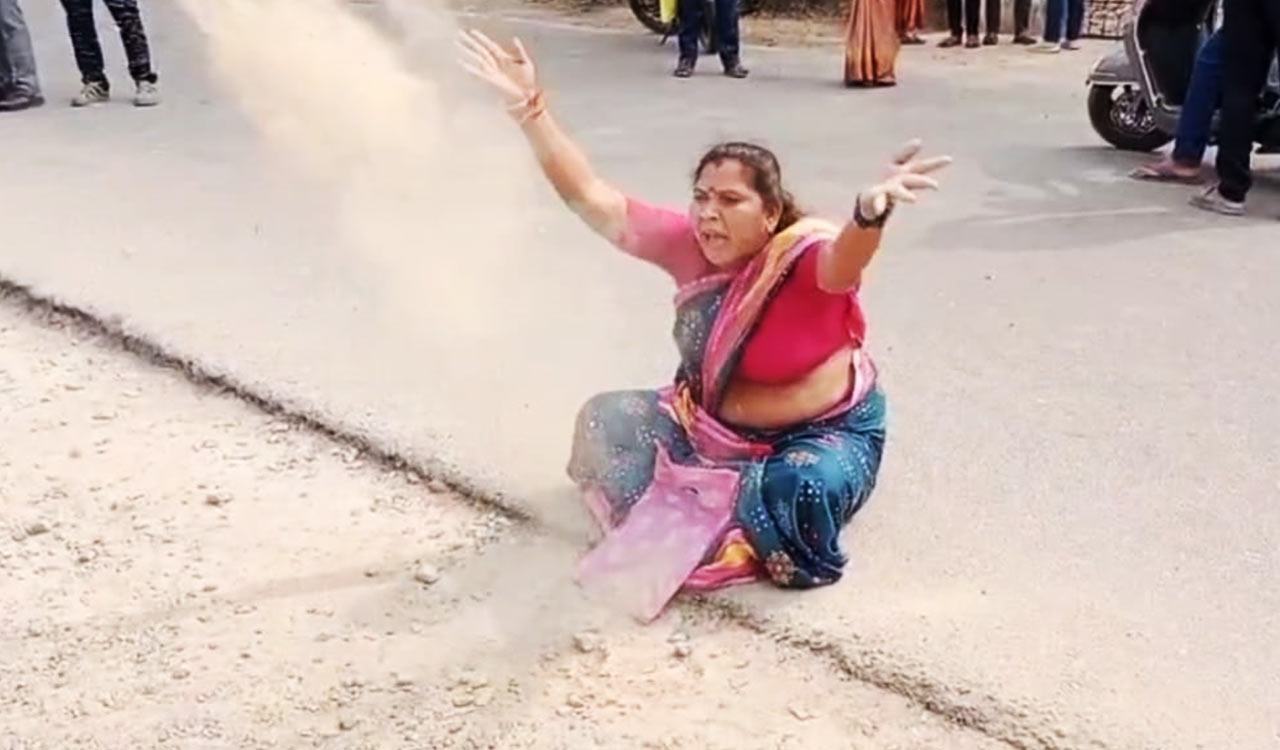Why I moved my money
As opposed to bank deposits, my investments are secure against future volatility in interest rates and insolvency problems

In February 2020, I prematurely broke my two Fixed Deposits (FD) in the ICICI Bank and invested that money in an LIC annuity. You may ask, why? There are several reasons why I did that:
• For one thing, the FD interest rates have been falling in the last few years. The ICICI Bank is currently offering around 5.15% for 3-year maturity FDs. Around 6-7 years ago that rate stood at around 8.5%.
• Anil Bokil of the Pune-based advocacy group, Artha Kranti Pratisthan, was supposedly the adviser behind the demonetisation undertaken by Prime Minister Modi in 2016. As it turns out, he is also an advocate of a cashless economy, whereby he calls for the setting of an upper cap for cash transactions (around Rs 2,000) and forcing everyone to transact through the banking system, and pay a transaction tax (1-1.5%), while eliminating income tax. We will discuss the implications of this below.
• The Financial Resolution and Deposit Insurance (FRDI) Bill was introduced in 2017, but later withdrawn. However, the government might bring back the Bill in a new form. Again, we will discuss the implications of this below.
One-year FD Interest Rates
The one-year FD interest rates have been volatile, sometime rising and sometimes falling over any five-year period over the last 50 years. Starting out around 6.38% in 1970-71, it rose to a high of 19.57% in 1992-93, and now stands at 4.9%.
Hence, one can never be sure of what the prevailing interest rate will be in the future when one decides to park one’s money in a 3-or 5-year FD. Whereas, an LIC (or any other) annuity assures a fixed interest rate over one’s whole lifetime, which stands now around 7.5%. Thus, one gets to avoid the uncertainty and volatility in the FD interest rates offered by the commercial and other banks.
Of course, one may think that 7.5% interest offered by an annuity is quite less when one can earn a 15% or more return on mutual funds or stocks. But the 7.5% is assured over one’s whole lifetime irrespective of the future market conditions, and the returns on mutual funds and stocks are not risk-free. So, perhaps one should diversify one’s investments into annuities, mutual funds, and stocks depending on how much risk one is comfortable taking.

Cashless Economy Implications
There are some pretty radical implications of Anil Bokil’s advocacy of a cashless economy, whereby there would be an upper cap for cash transactions (around Rs 2,000), which forces everyone to transact through the banking system via cheques, online transfers and credit cards. If one is thus forced to purchase goods and services costing above Rs 2,000 through a banking transaction, then one is forced to park one’s money in a bank and cannot afford to hold on to large amounts of cash.
While that in itself may eliminate the black economy to a large extent, what is more significant is that in this scenario, banks do not have to offer incentives to customers in the form of interest to get them to deposit their money in the bank. In fact, in such a cashless economy, the banks will be seen as providing a valuable service, which you cannot avoid taking, and so they may well charge you a fee rather than offering you interest on the money you deposit with them. And, who is to say that someone in power will not pay attention to Anil Bokil’s ideas on cashless economy given that they have done so to his other ideas in the past.
FRDI Bill Impact
The government introduced the FRDI Bill in August 2017 in the Lok Sabha. Later, it was referred to a joint parliamentary committee for amendments. Ultimately, it was withdrawn due to apprehensions among the public that the ‘bail-in’ clause for resolution of bank failure was against the interest of the depositors. The clause implied that customer deposits could be used to bail out a failing bank. There were concerns over deposit insurance cover too, which stood at only Rs 1 lakh (now it is Rs 5 lakh) whatever the value of your bank deposits.
Although few banks have failed in India in recent years because the Reserve Bank of India (RBI) has stepped in to work out a resolution plan without creating any risk for depositors, the FRDI Bill was brought in to limit the fallout of the failure of institutions such as banks, insurance companies, non-banking financial companies, pension funds and stock exchanges.
But some of the Bill’s provisions were seen as anti-people and anti-poor because people’s money could be used to bail out banks that made bad lending decisions through a corresponding reduction in the claims of depositors. This was notwithstanding the fact that government had maintained that the implicit sovereign guarantee for state-run banks remained unaffected.
Basically, if the FRDI Bill became an Act, it would mean that your account balances of, say, Rs 25 lakh could be reduced to Rs 5 lakh, or your savings account balance of, say, Rs 15 lakh could be converted to a Fixed Deposit, repayable after 5 years, meanwhile giving you 5% annual interest. And you can do nothing about it. That is pretty scary. Although in July 2020, the government clarified that it has not taken any decision to reintroduce the FRDI Bill, one cannot rule out its introduction in the future albeit with some amended clauses.
Given the above issues, I thought it fit to move my money from FDs into LIC annuities. Do note that the LIC annuities carry the sovereign guarantee by the government. Hence, my investments are secure against future volatility in interest rates and insolvency problems, as opposed to the bank deposits.
(The author is a writer and poet; preview his poetry at https://a.co/fyEOQFa)
Now you can get handpicked stories from Telangana Today on Telegram everyday. Click the link to subscribe.
Click to follow Telangana Today Facebook page and Twitter .
Related News
-
AIMIM leaders join BRS ahead of Sangareddy municipal polls
8 mins ago -
Former Charminar AIMIM MLA Pasha Quadri passes away
21 mins ago -
Municipal polls: High drama in Kodad as Congress ‘kidnaps’ candidates
32 mins ago -
ACB raids residence, office of Mancherial Animal Husbandry joint director
42 mins ago -
Mahindra University partners with Fox Mandal to boost legal education
47 mins ago -
Kerala, Punjab, Services and Railways reach Santosh Trophy semis
51 mins ago -
BCCI opens Phase 3 ticket sales for T-20 World Cup
47 mins ago -
Ray Noronha tops Aparna Cancer Crusaders golf meet
57 mins ago




